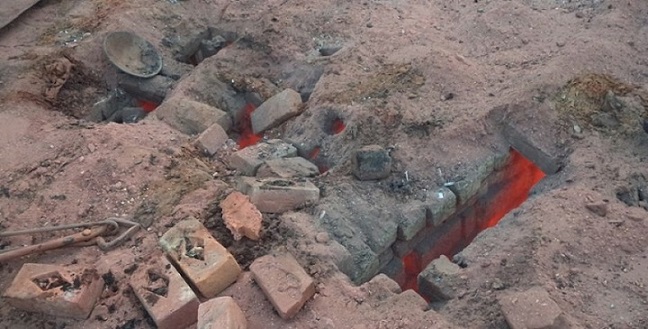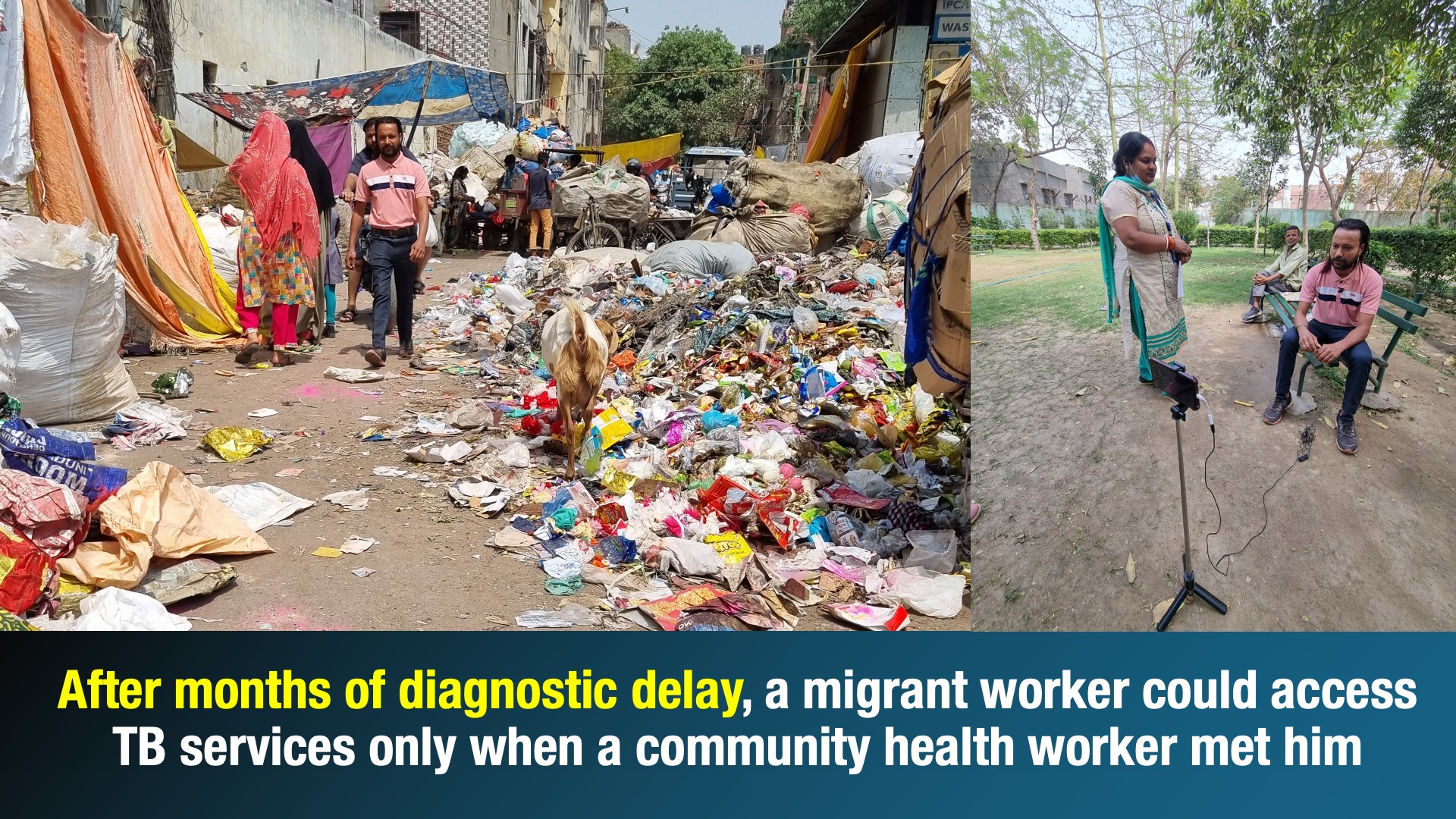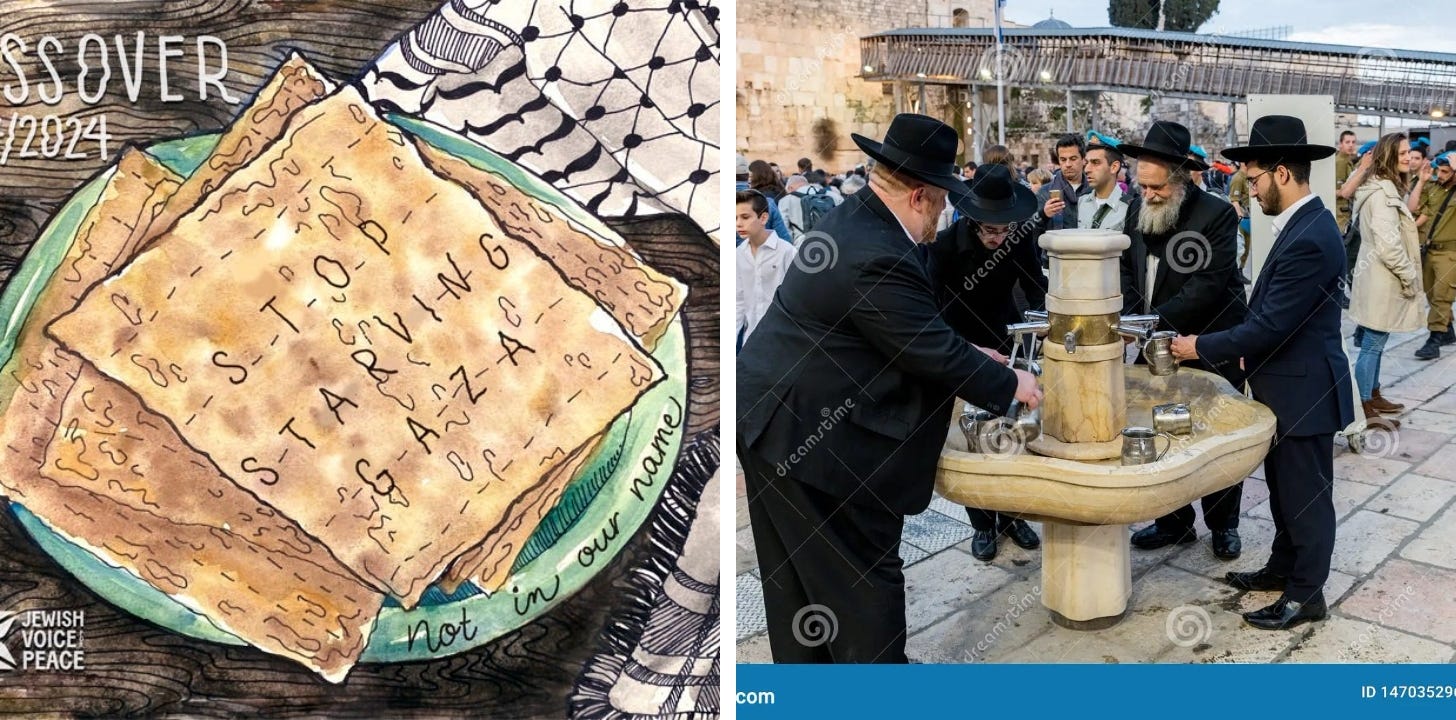A migrant worker who was sick for over three months, actively sought medical help and advice, but his health kept deteriorating. Despite having con
Lynching mentality and street violence in Pakistan. By Saadia Haq

Recent years have seen an alarming surge in street violence across a country where religion and ethnic strife have plagued the lives of millions of Pakistanis. However, the societal mind-set that helps acceptance for lunch mobs and vigilante justice is not exclusive to just Muslims; as such heinous crimes occur in other parts of the world.
But one cannot escape the reality of their frequency in certain Muslim majority countries; both Pakistan and Bangladesh are notorious for mob violence and street justice incidents. Many cases have been observed in either nations where people accused of certain crimes such as homosexuality and blasphemy are routinely subjected to horrific lynching on the streets amidst spectators including local public and far more alarming silent police authorities that do not intervene.
As leading Muslim countries have turned state-sanctioned violence into a spectator sport where the public beheadings in Saudi Arabia and hangings in Iran are performed in the presence of hundreds of people setting a trend that such events are considered as mandated in Islam.
There are also certain Islamic schools of thought that argue that Sharia laws hold provisions for public headings, lynching and floggings. Our very own TTP has taken quite a shining to the misuse of religious texts to ordain such laws in certain parts of the country like Swat Valley where a public flogging of a young woman led to an international outcry against such barbarity. During the black period of Taliban rule in Swat Valley, the central square was locally known as ‘khooni chowk’ (bloody square) because TTP militants were known to hang dead bodies of their opponents in plain view of all. These would serve as a reminder to the whole region and on a daily level young children would pass by the hanging corpses as they walked to and from school.
This is however not the only time we have flirted with such extreme expressions of capital punishments, in 1980s, General Zia’s regime was quite prone to flogging journalists and pro-democracy activists in public. His regime too propagated that such public displays of punishments were ordained in Islam, whereas the fact remains that public beheadings and flogging are ‘Arab customs’ that predate Islam.
Lynching mobs enjoy a greater acceptance in our society in particularly with relation to blasphemy cases as religion is quite a touchy topic for Pakistanis in general. There seems to exist a black and white approach towards Islam and any little word, gesture or action becomes a trigger for befitting response against insulting Islam and the Muslim sentiments. We have lived through these years of mob attacks against religious minority groups in Pakistan, usually sparked by allegations of blasphemy against Islam.
Millions of Christians, Hindus, Ahmadis, and other minorities live in constant fear of being attacked publically in Pakistan. The blasphemy laws in Pakistan, which mandate the death penalty for the convicted, have created an environment where the mere accusation of blasphemy guarantees a death sentence verdict either by the State or our religion obsessed society.
Pakistan’s record on protection of its religious and ethnic minorities is particularly gloomy but recently some progress has been made towards this area of neglect. Last month, the National Assembly passed a law amending some criminal laws that await approvals. For the first time in the country’s history, sectarianism, mass lynching and forced conversions will be punishable under Pakistani law.
The most crucial aim of this legislation is to improve the conditions of the country’s religious minorities. For long legislators and rights groups have long criticised the colonial-era legislation as a vehicle for personal vendettas resulting in mob lynching of minorities in the country.
Combating mob justice trend is not easy in a country like Pakistan, but strong legislative measures will send home a message that it is not ok to take matters in one’s hand and deliver instant justice through barbaric means. A culture of dealing with crime without the violation of basic human rights of the people needs to be built in order for a more tolerant future in times to come.
But one cannot escape the reality of their frequency in certain Muslim majority countries; both Pakistan and Bangladesh are notorious for mob violence and street justice incidents. Many cases have been observed in either nations where people accused of certain crimes such as homosexuality and blasphemy are routinely subjected to horrific lynching on the streets amidst spectators including local public and far more alarming silent police authorities that do not intervene.
As leading Muslim countries have turned state-sanctioned violence into a spectator sport where the public beheadings in Saudi Arabia and hangings in Iran are performed in the presence of hundreds of people setting a trend that such events are considered as mandated in Islam.
There are also certain Islamic schools of thought that argue that Sharia laws hold provisions for public headings, lynching and floggings. Our very own TTP has taken quite a shining to the misuse of religious texts to ordain such laws in certain parts of the country like Swat Valley where a public flogging of a young woman led to an international outcry against such barbarity. During the black period of Taliban rule in Swat Valley, the central square was locally known as ‘khooni chowk’ (bloody square) because TTP militants were known to hang dead bodies of their opponents in plain view of all. These would serve as a reminder to the whole region and on a daily level young children would pass by the hanging corpses as they walked to and from school.
This is however not the only time we have flirted with such extreme expressions of capital punishments, in 1980s, General Zia’s regime was quite prone to flogging journalists and pro-democracy activists in public. His regime too propagated that such public displays of punishments were ordained in Islam, whereas the fact remains that public beheadings and flogging are ‘Arab customs’ that predate Islam.
Lynching mobs enjoy a greater acceptance in our society in particularly with relation to blasphemy cases as religion is quite a touchy topic for Pakistanis in general. There seems to exist a black and white approach towards Islam and any little word, gesture or action becomes a trigger for befitting response against insulting Islam and the Muslim sentiments. We have lived through these years of mob attacks against religious minority groups in Pakistan, usually sparked by allegations of blasphemy against Islam.
Millions of Christians, Hindus, Ahmadis, and other minorities live in constant fear of being attacked publically in Pakistan. The blasphemy laws in Pakistan, which mandate the death penalty for the convicted, have created an environment where the mere accusation of blasphemy guarantees a death sentence verdict either by the State or our religion obsessed society.
Pakistan’s record on protection of its religious and ethnic minorities is particularly gloomy but recently some progress has been made towards this area of neglect. Last month, the National Assembly passed a law amending some criminal laws that await approvals. For the first time in the country’s history, sectarianism, mass lynching and forced conversions will be punishable under Pakistani law.
The most crucial aim of this legislation is to improve the conditions of the country’s religious minorities. For long legislators and rights groups have long criticised the colonial-era legislation as a vehicle for personal vendettas resulting in mob lynching of minorities in the country.
Combating mob justice trend is not easy in a country like Pakistan, but strong legislative measures will send home a message that it is not ok to take matters in one’s hand and deliver instant justice through barbaric means. A culture of dealing with crime without the violation of basic human rights of the people needs to be built in order for a more tolerant future in times to come.
You May Also Like
Mass Exodus from their homes, made refugees and ethnically Cleansed. Why are Palestinians so different from Israelites of Prophet Moses?
In this special Iran-Israel War update, we cover the latest developments in the escalating conflict between the two Middle Eastern powers.Iran'

"Trial of Pakistani Christian Nation" By Nazir S Bhatti
On demand of our readers, I have decided to release E-Book version of "Trial of Pakistani Christian Nation" on website of PCP which can also be viewed on website of Pakistan Christian Congress www.pakistanchristiancongress.org . You can read chapter wise by clicking tab on left handside of PDF format of E-Book.







